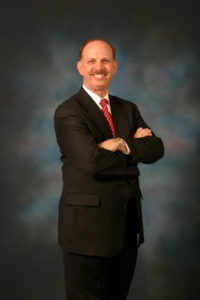Veterans Want Federal Court To Reconsider DEA Marijuana Classification
 By George F. Indest III, J.D., M.P.A., LL.M., Board Certified by The Florida Bar in Health Law
By George F. Indest III, J.D., M.P.A., LL.M., Board Certified by The Florida Bar in Health Law
On October 1, 2020, military veterans urged the U.S. Ninth Circuit Court of Appeals to reconsider the U.S. Drug Enforcement Administration’s (DEA) restrictive marijuana classification. The Iraq and Afghanistan Veterans of America (IAVA) said in an amicus curiae (friend of the court) brief that designating the drug a highly controlled substance has impeded medical research that could save lives.
Marijuana Claimed to Be a “Life-saving Treatment” for Veterans.
IAVA’s brief focused on suicide rates among returning soldiers. The group claimed the current status of marijuana on the drug schedules, listing it as a Schedule I drug, one without […]



